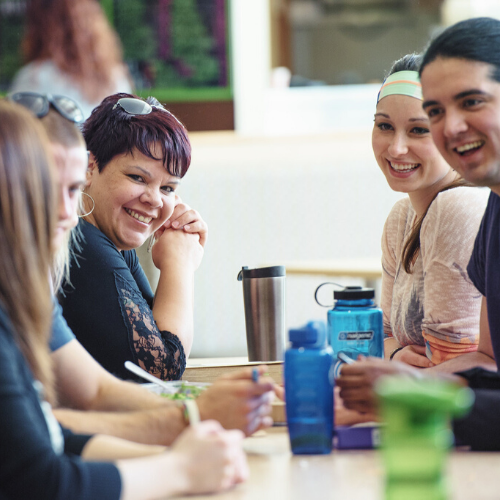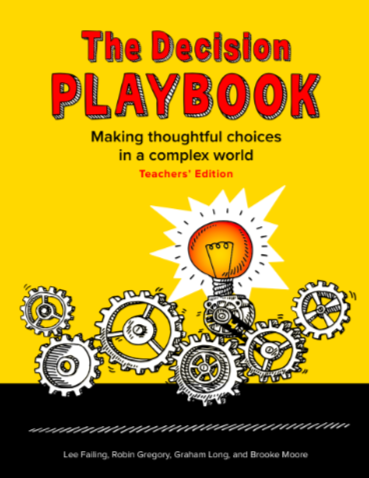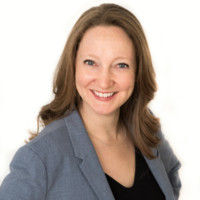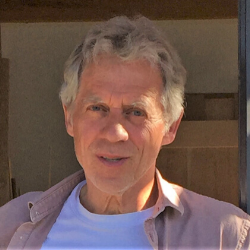| This Summer Institute had been CANCELLED. We will contact you directly if you registered. |
For teachers and school or district leaders

Most of us know three main ways to make a decision: vote, make a pros and cons list, or go with how we or those around us feel. An active field of study, known as the Decision Sciences, has given us better tools that seek to integrate our faster, more intuitive ways of thinking and our slower, more reflective intelligences. These include methods for clarifying the problem focus, articulating what matters and could change, generating and comparing alternatives, predicting the consequences of actions, dealing with key trade-offs, and staying curious about new learning. As Drs Judy Halbert and Linda Kaser say, “We can think of nothing more important than equipping people of all ages with the power to make increasingly intelligent and well-considered decisions. We suspect that the health of our democracies and of our planet depends on doing this well.”
Decision Making Skills can be taught and learned. This is good news for those of us in educational leadership roles and those of us teaching youth, the decision makers of tomorrow. It’s also good news for those of us concerned about the increasing polarization of society, because improved decision-making skills have been shown to have a highly positive effect on dialogue and the understanding of other perspectives.
There are many opportunities for teaching subject-based curricula – history, biology, English, math, social studies — by asking students to use a decision-making lens. Students, teachers, and district leaders also make decisions every day that involve multiple perspectives, a variety of stakeholders, and a choice of options. These decisions impact learners and learning environments, both directly and indirectly.
Educational leader, Brooke Moore, and Decision Scientist, Robin Gregory, will facilitate an interactive session where participants will delve into topics that include:
- The Decision Maker Moves: a sequence of moves that experience shows can help people – students and adults, professionals and general public – to make better, more thoughtful individual and collaborative decisions
- The habits of mind that every good decision maker can practice in the moments between decisions
- The traps that our intuition and habits can lead us into in the absence of training
- Examples from school leadership and classroom teachers as to how they use the Decision Moves to engage in difficult conversations that build skills for engaging in dialogue and bridging understandings across diverse individuals
- Examples from societal topics – climate change, endangered species, Indigenous rights, genocide prevention – that are benefitting from use of these same tools
Audience
This Institute is ideal for classroom teachers and educational leaders.
Participants will receive copies of the following:

- The Decision Playbook: Making thoughtful choices in a complex world
- Spiral Playbook: Leading with an inquiring mindset in school systems and schools

Brooke Moore
Brooke Moore believes that every child can cross the stage with dignity, purpose, curiosity and options. In all of her work across different roles, this belief takes shape as a core professional focus and motivator. After graduating with her Bachelors of Education from UBC, for which she received the UBC Dean of Education Scholarship, Brooke taught English in a West Vancouver high school for just under a decade before moving into the role of Vice Principal at an elementary school. In 2015 Brooke moved to Delta where she is currently enjoying her role as the District Principal of Inquiry and Innovation. Brooke earned her Masters in Educational Leadership from the University of Victoria in 2010. She is now an Adjunct Professor at the University of British Columbia in the Transformative Educational Leadership Program. Since her first year of teaching, Brooke has been an active member of the Networks of Inquiry and Indigenous Education. She credits the Network for introducing her to a collaborative professional inquiry, a practice she has made a central theory of action in her work.

Robin Gregory
Robin Gregory works on bringing improved decision skills into K-12 classrooms, stakeholder engagement, environmental policy, choices under uncertainty, and community and indigenous health assessment. His research and applied work emphasizes collaborative decision-aiding approaches that help participants understand the consequences of actions characterized by multiple dimensions, substantial uncertainty, and often controversy. In such cases, dialogue based on structured decision methods can serve as the basis for generating better alternatives and for creating more broadly accepted policies. Robin has written and consulted extensively on the subject of improving decision-making skills and is first author of the book “Structured Decision Making: A Practical Guide to Environmental Management Choices” (Wiley-Blackwell Press, 2012). He is a Senior Research Scientist with Decision Research and Adjunct Professor at the University of British Columbia, Institute for Resource and Environmental Sustainability. Robin has an interdisciplinary PhD from UBC in Psychology, Ecology, and Economics.
DATES:
Tuesday, July 6
Wednesday, July 7
TIMES:
9:00AM – 12:00PM PDT
FORMAT:
100% Online
The format of these sessions will be 3 hours per day of synchronous online learning.
Registration & Fees
Non-Credit Registration & Fees
-
- Non-Credit Participation Fee: $150 + GST
- Full payment is required with your online registration in order to reserve your space. We accept payment by credit card or debit card. Please note that should UBC cancel the course, a full refund will be issued.Refund Policy for Non-Credit Applications: If you would like to withdraw from a course, please submit written notice by June 1, 2021 to be eligible for a refund (less a $65 administration fee). No refund will be made for cancellations received later than June 1, 2021, unless a course is cancelled by UBC Faculty of Education.FAQs: Review the FAQs for Non-Credit Course Registration.
in partnership with:
 |
This program is offered by the Faculty of Education.. |